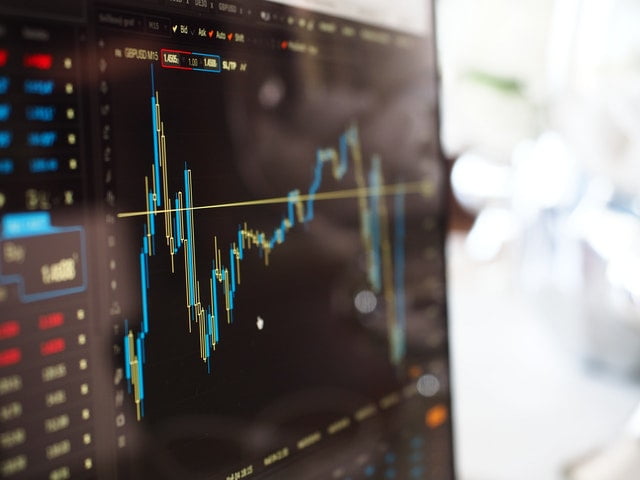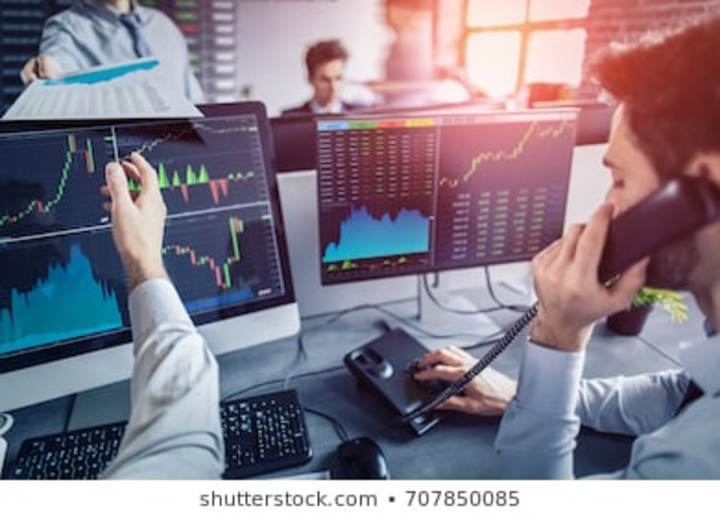First Steps to Getting Started in Forex
Thinking of trading? You might be looking to Wall Street in the hopes of making money from stocks. These days, making money from the comfort of our own home is much easier, and during the global pandemic, oftentimes essential.
Before getting into the nitty-gritty of forex trading and brokers, let’s dive into the basics of the world of foreign exchange trading. The forex market is the largest financial market in the world. It sets the rates for currency exchange and allows for the trading of these currencies. Forex brokers are firms that act as an intermediary for traders and banks.
If you are thinking of getting into trading as a way to earn some money or invest for the future, the vast array of options on offer can be overwhelming. If you have no idea where to start, the first step to kicking off your trading career is hiring a forex broker to help guide you on your way to trading success. Now more than ever, it is important to be able to identify the best forex brokers who will be able to guide you through market fluctuations.
Without one, you may find yourself struggling to understand rates, fluctuations and you may end up losing a lot of your hard-earned cash from rookie mistakes or missteps. A Forex broker can use their network of banks, lines of credit, and access to forex liquidity to offer the best price available for you to trade.
Traditionally there would be a lot of commission fees involved with hiring a forex broker, but nowadays brokers have to reduce these extra costs to remain competitive.
Where to start in Forex?

It really is essential for beginners to think about investing in a forex book or seeking an experienced trader for advice. To know your way around a comparative table of brokers, you first need to know what you’re looking for in a broker. For beginners, one of the most important things to look for is a user-friendly web-based platform. You will also need access to high-quality research and forex education resources.
Make sure you check the broker’s reviews. Bad reviews will stand out more because more often than not, happy customers don’t tend to post reviews. If you are reading independent reviews on websites, stop to think about how the reviews are composed. Do they reveal weaknesses as well as strengths, or do they sound too good to be true? If they sound too positive, they could be written by marketing writers. Keep your eyes peeled for what traders and reviewers say in regards to transaction costs, commissions (if any), spreads, rollover rates and quality of execution, trading platforms, regulation, location, customer service, and trading support.
When emailing or inquiring about accounts, keep track of how quickly you get responses and how helpful the broker is. You need someone who will be responsive and readily available when you need them!
Before making a final decision, make sure your prospective broker is located in a country with renowned financial institutions and regulations. You will be more protected in larger countries such as the U.S, Australia, or the UK. The security of the trading platform you choose is of the utmost importance. Make sure you check that your prospective forex broker is a member of one of the regulatory agencies that can be found across the world.
What else do I need to know about forex trading?
The second step to trading success is research. If you have some patience and a lot of time, you can learn the ins and outs of forex trading so that you can maximize your profit and minimize losses. Research as much as you can, and test out your knowledge with a demo account. A demo account will allow you to have access to a limited amount of money or unlimited virtual funds to play around with and practice your trading skills. This allows you to get a feel for the markets without having to lose thousands of dollars in savings and to truly understand if forex trading is right for you. During a time when many people have lost their jobs or find themselves in unstable employment situations, forex trading can be a great way to earn passive income.
Step three is time and caution! Make sure you have extensive experience with your demo account before entering the real market. Keep a record of at least three months. If you learn quickly and are successful in forex trading at an early stage, it can be tempting to throw yourself into the deep end after just a couple of weeks of practice. Nothing good comes easy! Keep working on your techniques and learn something new every day about the global markets.
With all this in mind, get started by working with a forex broker, getting sound advice from experienced traders, and determining your trading goals. From the beginning of the process to practicing on your demo account, it may take quite a while to get into the swing of things, but your hard work will pay off if you stay committed to the process. You may end up making some exceptional trades!

